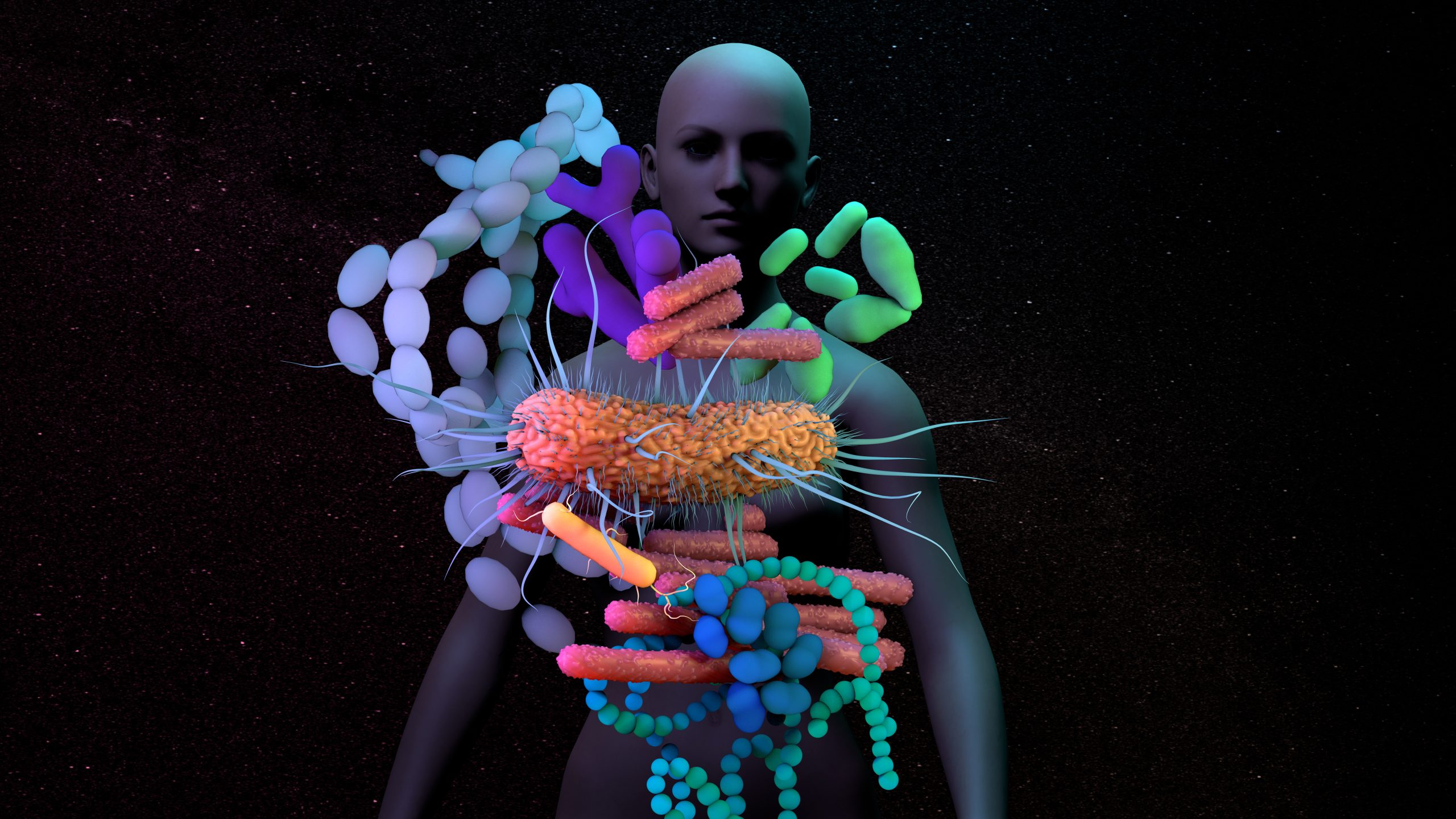Bacterial strains within the intestine microbiome genetically diversified with human populations as they unfold out of Africa and throughout the globe, in accordance with a brand new examine. This parallel evolution, or codiversification, signifies that some intestine microbes have had important long-term relationships with their human hosts and will have influenced human evolution.
The work was led by Ruth Ley, PhD, director of the division of microbiome science on the Max Planck Institute for Biology in Tübingen, Germany. Her staff printed their work in Science within the article titled, “Codiversification of intestine microbiota with people.”
The human intestine microbiome accommodates lots of to hundreds of species of micro organism, and most of the most distinguished species are present in folks worldwide. Nonetheless, inside microbial species, some strains can present exceptional genetic variety between particular human populations. Whether or not this strain-level variety arose via a shared evolutionary historical past between people and their commensal microbes isn’t totally understood.
“There are causes to not anticipate to see codiversification with people,” the researchers wrote of their article. “Our diets have modified with time, our populations have expanded internationally, and trendy life could have blurred any alerts.”
To check for codiversification, Ley’s staff collected saliva and fecal samples from people in Gabon, Vietnam, and Germany to generate new paired human genome and intestine metagenome knowledge. Additionally they leveraged current knowledge for people from Cameroon, the Republic of Korea (South Korea), and the UK by producing fecal metagenomes and/or host genotype knowledge as wanted. In whole, their dataset consisted of paired intestine metagenomes and human genomes for 1225 people dwelling in Europe, Asia, and Africa.
Then they created a most chance phylogeny to guage the genetic relatedness of the people. “As anticipated, people clustered into three strong main teams matching their geographic origins, the place people from Asia and Europe shaped sister clades nested inside people from Africa,” they wrote.
Additionally they created phylogenies for 59 strains of widespread microbes and located that 36 of them had been just like the human host phylogeny, indicating codiversification. Nearly the entire strains weren’t beforehand recognized to codiversify with people. “Furthermore, species displaying the strongest codiversification independently developed traits attribute of host dependency, together with lowered genomes and oxygen and temperature sensitivity,” they wrote.
In a perspective printed in the identical subject of Science because the analysis paper, Andrew Moeller, PhD, an evolutionary biologist from Cornell College, commented on the work. “[The findings] additionally recommend the thrilling risk that the close-knit associations with codiversifying intestine micro organism have affected human evolution. Codiversifying host-microbe symbioses can generate divergent choice pressures on hosts, driving adaptation of host populations to the precise strains with which the hosts evolve,” Moeller wrote.
“If human genetic variation has been formed by interactions with codiversifying intestine micro organism, then microbiota-based therapeutics might have to contemplate the genealogical histories of each sufferers and the sufferers’ intestine bacterial strains,” he continued.
Ley’s analysis staff identified that understanding which micro organism have had long-term relationships with people could assist develop microbiome-based therapies particular to every human inhabitants. “The microbiome is a therapeutic goal for customized medication, and our outcomes underscore the significance of a population-specific method to microbiome-based therapies,” they concluded.

